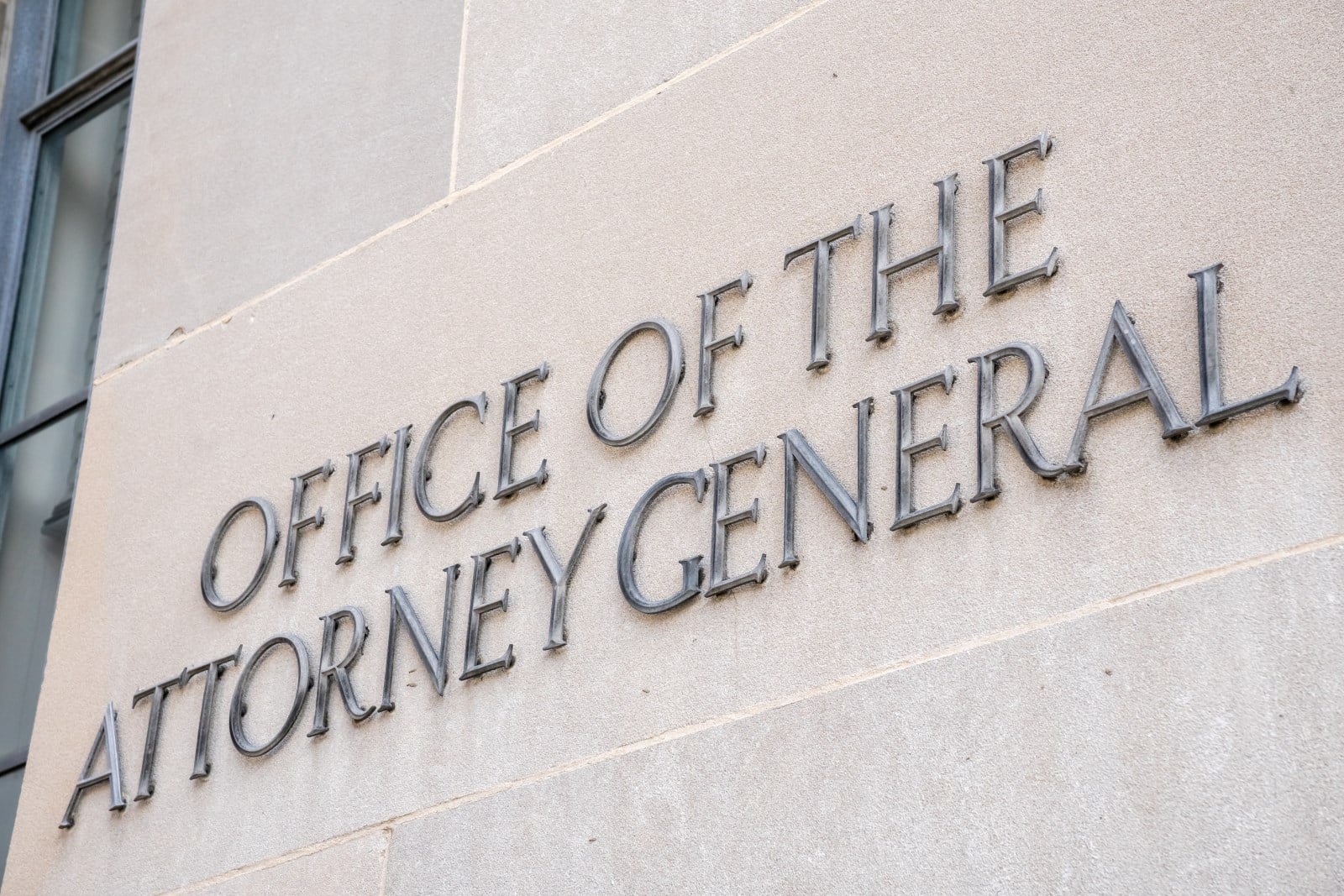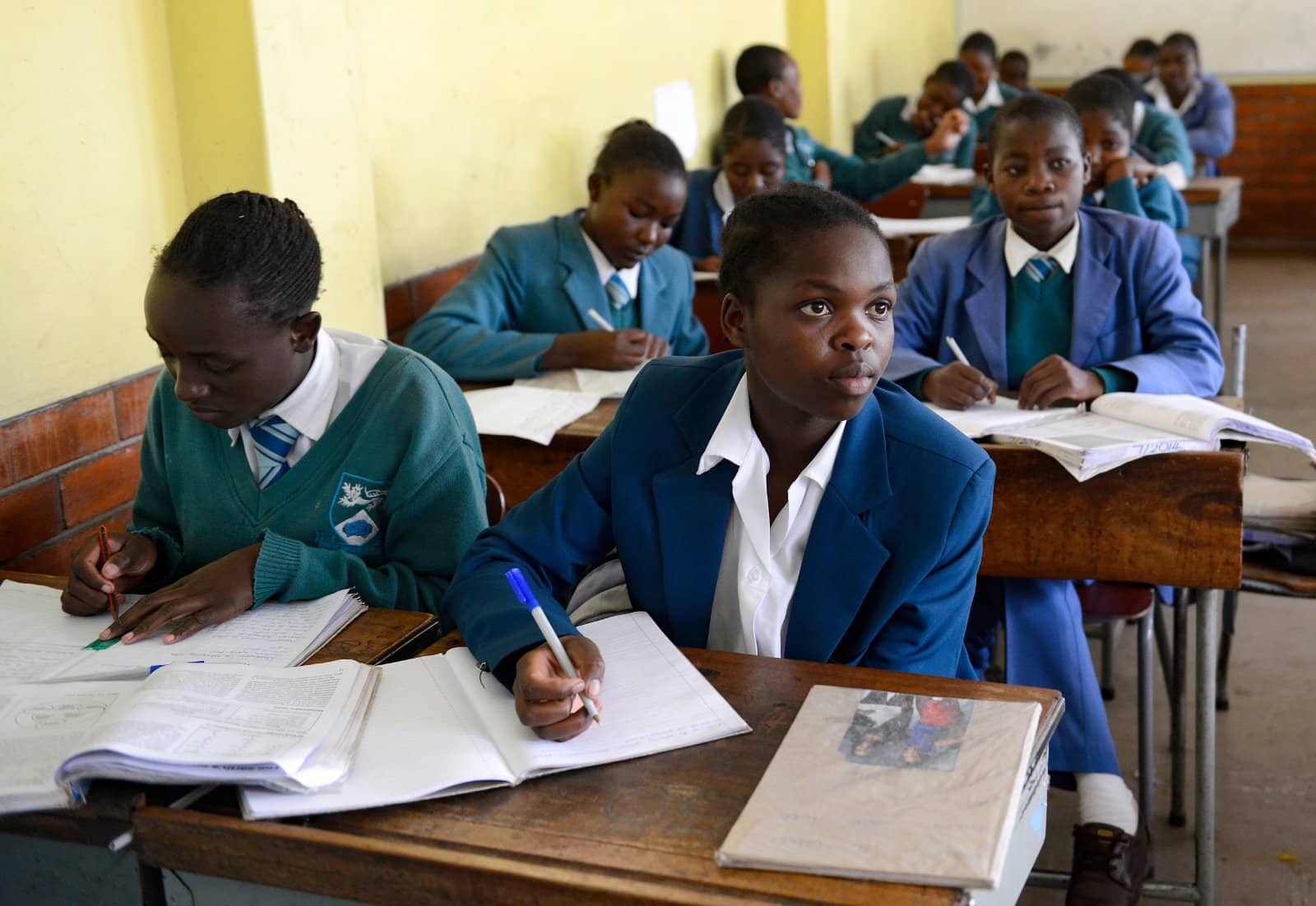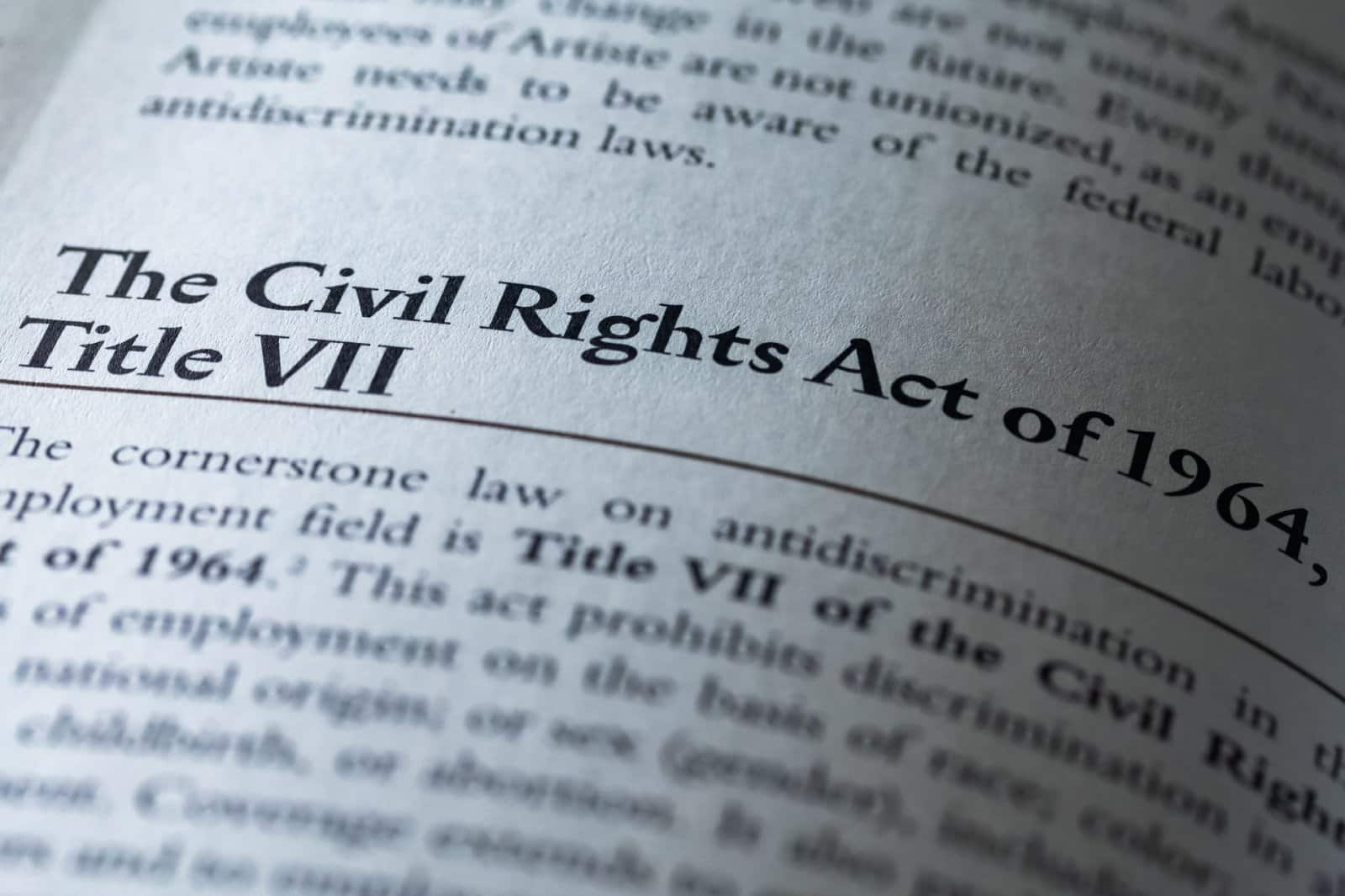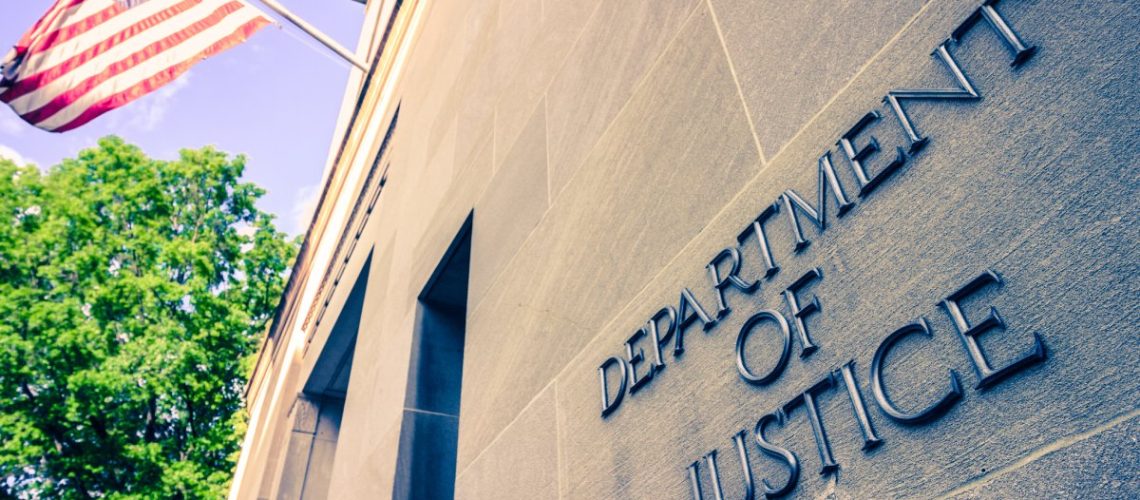June 3rd was the 60th anniversary of the Civil Rights Act of 1964. It was also the day the DOJ announced a settlement with Kansas’ largest school district in a case of disciplinary discrimination against Black and Latino students.
Recent Ruling

The Department of Justice (DOJ) recently found that the largest school district in Kansas, Wichita Public Schools, has been practicing discriminatory disciplinary methods. Students of color have been targeted more than their white peers.
Wichita Public Schools

Wichita Public Schools has a diverse student population, so it is essential for them to guarantee fair treatment for all. Unfortunately, recent findings suggest that this has not been the case.
What Sparked the Investigation?

Recent concerns about potential racial bias in the methods of student discipline led to an investigation by the DOJ. A few community members and advocacy groups were concerned.
Black and Latino Students

Those concerned believed that Black and Latino students were being disproportionately impacted by discipline efforts in school.
The Process

The DOJ then conducted a review of the disciplinary records, policies, and practices within the district. The investigation aimed to reveal potential patterns of discrimination.
Key Findings

The investigation confirmed the community members and advocacy groups’ worst fears. Black and Latino students were facing harsher disciplinary actions compared to their white peers for similar infractions.
Examples of Discipline

There were high disparities in the rates of suspension, expulsion, and referrals to law enforcement. In these areas, students of color were more likely to face consequences.
Statistical Evidence

Statistical data revealed this difference in treatment. For example, Black students were more likely to be suspended or expelled than white students, even when involved in the same type of misconduct.
Examples of Discrimination

These were not isolated cases – in many instances, students of color received more severe punishments. Even minor infractions would result in suspensions or exclusions for Black and Latino students.
High Discrimination for Black Girls

Young Black female students were especially targeted in disciplinary actions in the schools. They were often perceived as insubordinate and found in many dress code violations at specific middle schools.
The Legal Basis

This investigation was conducted under Title IV and Title VI of the Civil Rights Act of 1964, which prohibit discrimination based on race or national origin in public schools.
DOJ’s Ruling

The DOJ released a statement that also found “a pattern of security officers responding to routine discipline matters and escalating those incidents.” This resulted in a high number of referrals of Black students to law enforcement for small incidents.
Settlement Agreement

In order to resolve these issues, the school district has reached a settlement agreement with the DOJ. This agreement outlines the specific steps the district needs to take to make its discipline more equitable.
Settlement to Mark Civil Rights

This settlement coincides with the 60th anniversary of the Civil Rights Act of 1964. This significance isn’t lost as this large Kansas school district finally takes steps to create a more fair environment for its students.
Policy Revisions

One of the key requirements of this settlement is that the district has to revise its disciplinary policies. These revisions aim to eliminate any bias and ensure fair treatment for all students.
Data Collection Improvements

The district is also required to improve its data collection and analysis methods. This will help to monitor disciplinary actions and make sure that any disparities are immediately addressed.
Staff Training

The district will also provide comprehensive training for all staff on better and more equal disciplinary practices. By educating staff on their biases, future discrimination can be better avoided and a fair education environment created for all.
Impact on Students

For many students, these changes could mean a more supportive school environment. Students of color can hope to be disciplined more appropriately and in line with their white peers, giving them the space to focus on their education.
Parents React

Parents of students will also rest more easily knowing their children are being treated fairly at school by the staff. Future transparency and accountability are the hopes for the future of this school district.
Long-Term Benefits

In the long run, these changes will create a more inclusive school environment. Fair disciplinary practices will create a better school climate and academic outcome.
Community Response

While many applaud these steps toward equity, some community members are concerned about the implementation and enforcement of the new policies.
Monitoring and Enforcement

The DOJ’s future monitoring will ensure compliance with the settlement agreement. This is a crucial component of making sure the required changes are implemented and sustained.
The Broader Implications

This case highlights the importance of addressing discriminatory practices in schools around the country. It reminds us that vigilance and accountability are necessary to protect our students’ civil rights.
Moving Forward

Wichita Public Schools future commitment to these reforms will determine how the community moves forward. With proper efforts, the district can model how to create a more fair and inclusive disciplinary system.
21 Beliefs About the Bible That Are Actually False

The Bible is one of the most discussed and debated books in history, yet many common beliefs about it are more myth than fact. How many of these misconceptions have you heard before? 21 Beliefs About the Bible That Are Actually False
21 Subtle Racisms That Are Commonplace in America

Racism in America isn’t always overt; it often hides in plain sight through subtle actions and attitudes. How many of these subtle racisms have you noticed around you? 21 Subtle Racisms That Are Commonplace in America
Only Legal in America: 21 Things You CAN’T Do in the Rest of the World

The U.S. dances to its own beat, especially when it comes to laws that make the rest of the world do a double-take. Here’s a lineup of things that scream “Only in America,” sticking strictly to what’s written in the law books. Ready for a tour through the American legal landscape that’ll leave you wondering if freedom might just be a bit too free? Only Legal in America: 21 Things You CAN’T Do in the Rest of the World
The post Kansas Court Settles Racial Discrimination Case Six Decades Later first appeared on Pulse of Pride.
Featured Image Credit: Shutterstock / CHRISTOPHER E ZIMMER.

